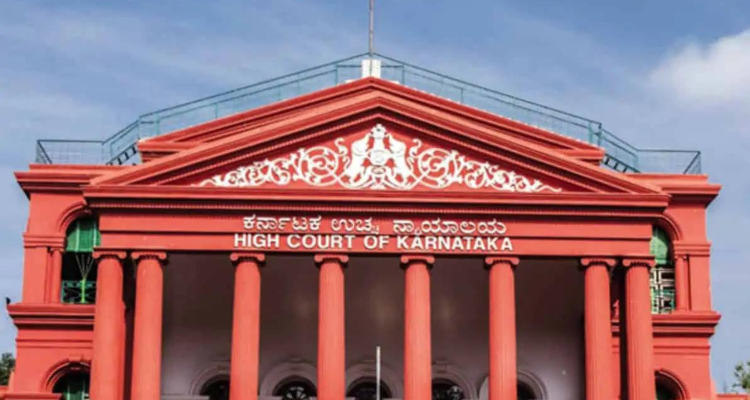
The Karnataka High Court has recently reversed a previous ruling that held merely watching child pornography online was not an offense.
On July 10, Justice M Nagaprasanna dismissed the criminal charges against Inayathulla N, who was accused of watching child pornography.
However, on July 19, the judge recalled this decision, admitting he had overlooked Section 67B of the Information Technology (IT) Act.
“This court had passed the order without noticing Section 67B (b), it is an error,” the judge stated while issuing the new order in open court. The court acknowledged that judges are also human and prone to mistakes. “We judges are also humans. Infallibility is not unknown to humanity. Since judges are humans, we are also not infallible. Therefore to perpetuate this error after coming to know that there is a folly in the order passed by this court is no heroism,” the order said.
In the initial July 10 ruling, the Court had argued that merely watching child pornography was not equivalent to publishing or transmitting such content, which are offenses under the IT Act. “The allegation against the petitioner is that he has watched a pornographic website. This, in the considered view of the Court, would not become publishing or transmitting of material, as is necessary under Section 67B of the IT Act,” the Court had said.
However, the Karnataka government filed a recall application, pointing out that the Court had based its decision solely on Section 67B(a) of the IT Act, which prohibits transmitting or publishing child pornography. The government argued that Section 67B(b) of the Act also criminalizes creating, collecting, seeking, browsing, or downloading material depicting children in sexually explicit manners.
The Court admitted it had missed this provision. “The sub-clause b of Section 67B is what becomes applicable to the case at hand. Since the proceedings were annulled without permitting further investigations and noticing section 67B (b) it would undoubtedly become a reason for recall of the order passed quashing the proceeding in favour of the petitioner,” Justice Nagaprasanna said.
The Court also dismissed the argument from the petitioner’s counsel that once an order is passed, it cannot be recalled or reviewed. “The said submission is unacceptable as Section 482 of CrPC cannot be controlled by Section 362 of CrPC. As inherent powers cannot be controlled by other provisions,” the High Court said.
Consequently, the Court allowed further investigation in the case and recalled its earlier order quashing the proceedings.




